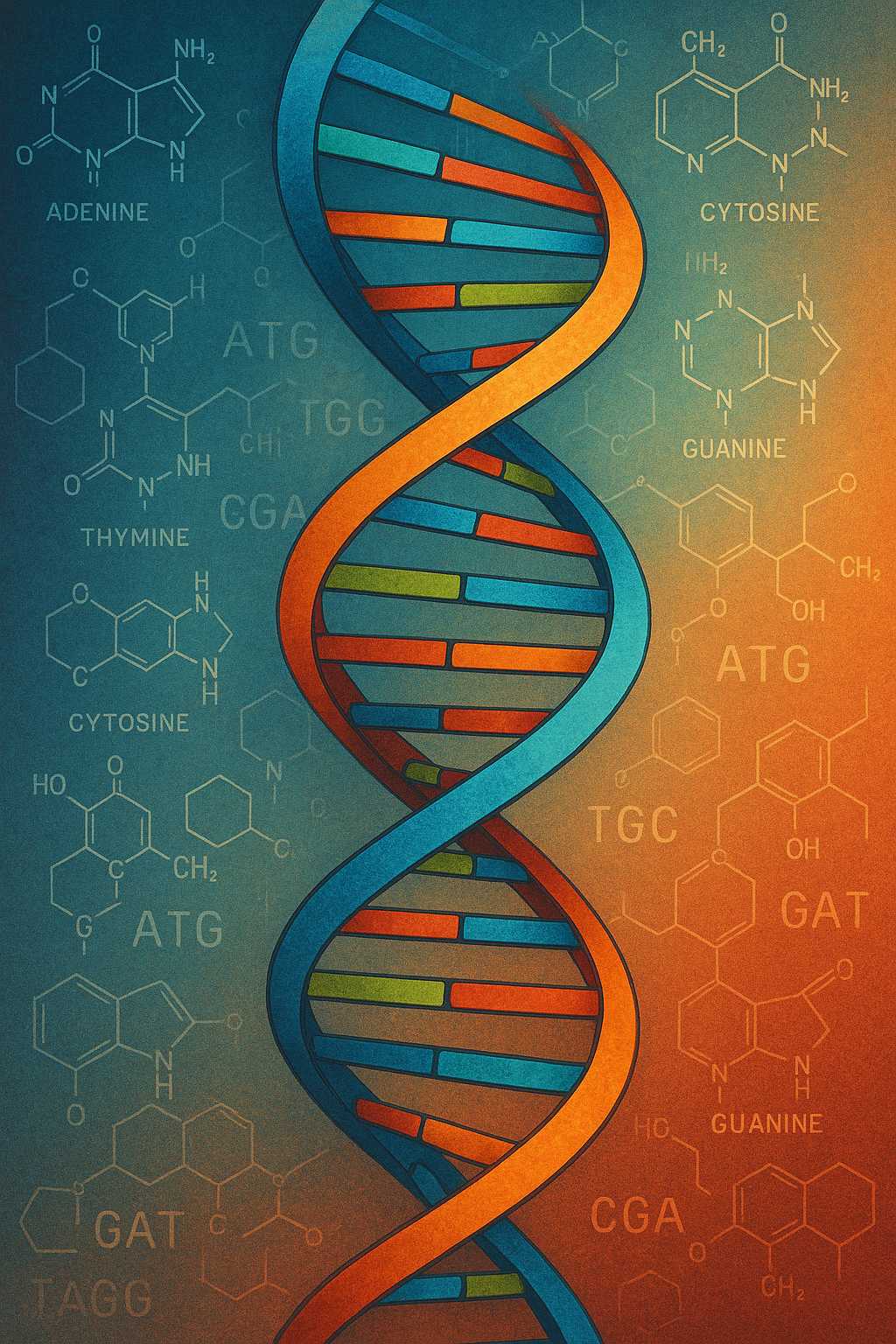Tag: chemistry
-
Photosynthesis: How Plants Turn Sunlight Into Life
Photosynthesis is one of the most fundamental processes on Earth, fueling not only the growth of plants but also the entire food chain, including humans. As a scientist with a passion for biology and chemistry, I’m fascinated by the elegant chemistry that underlies this process — and I’d like to share how it works and…
Written by
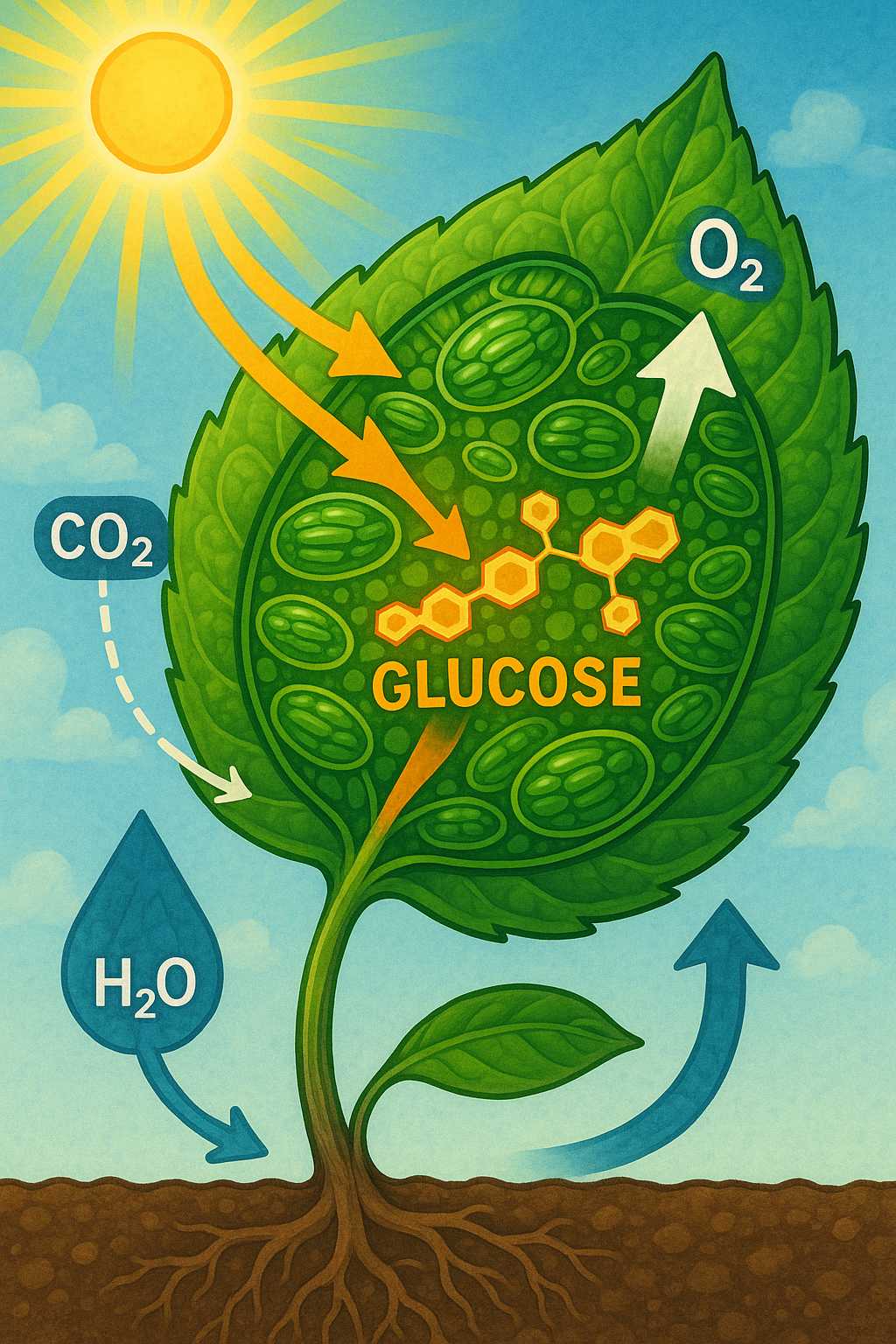
-
Mysteries of Bioluminescence: How and Why Organisms Glow
Bioluminescence has long captivated scientists and nature enthusiasts alike. From the glowing waves of ocean plankton to the flickering lights of fireflies, the natural phenomenon of organisms emitting light is both beautiful and intriguing. But what exactly is the chemistry and biology behind this glow? What is Bioluminescence? Bioluminescence is the production and emission of…
Written by
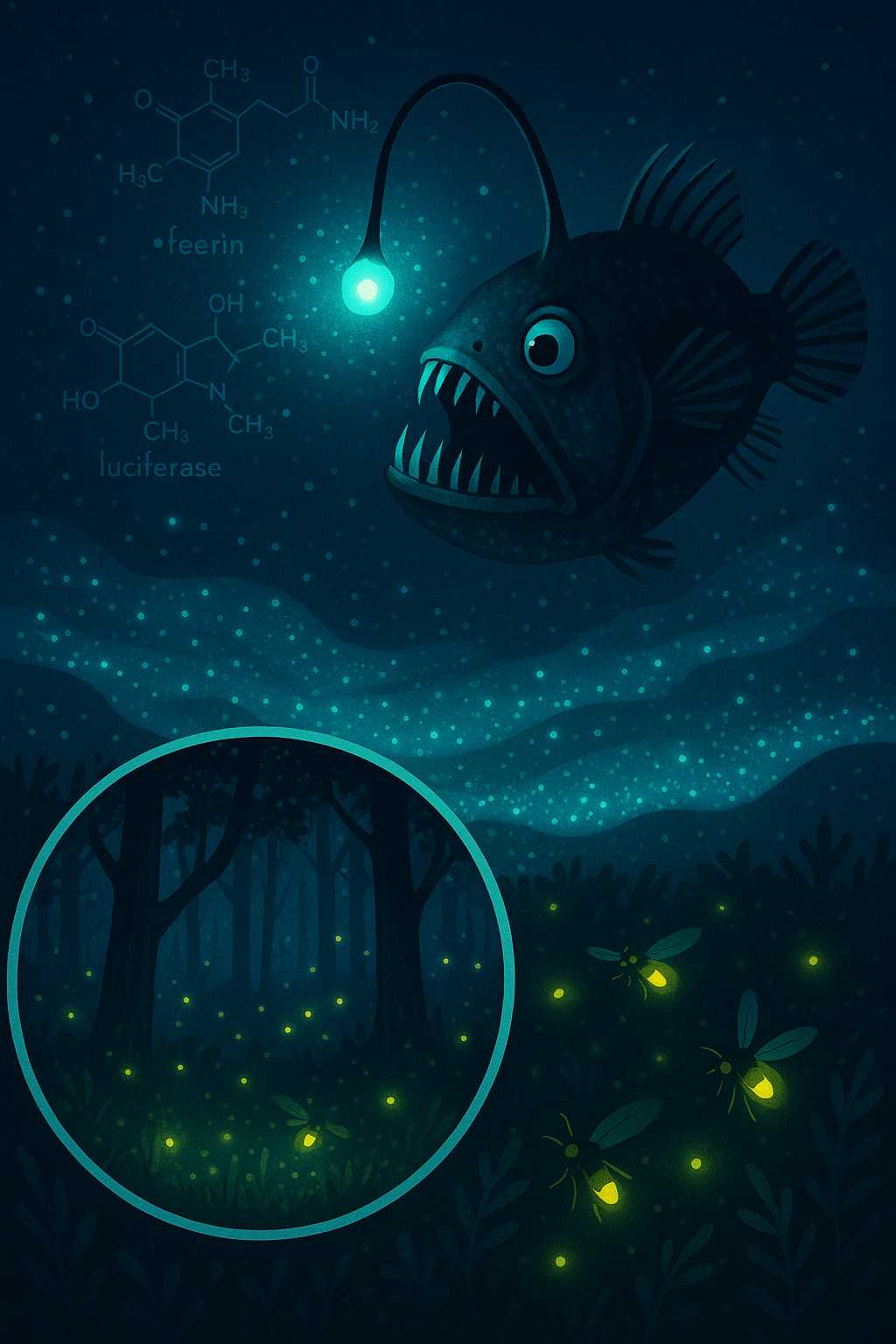
-
How Vaccines Train Our Immune System: The Biology Behind Disease Prevention
Vaccines are among the most significant achievements in medicine, credited with saving millions of lives and eradicating or controlling numerous infectious diseases. But how do these biological marvels actually work inside our bodies? As a scientist, I find the interplay between vaccines and the immune system both fascinating and crucial to understand—especially in our increasingly…
Written by
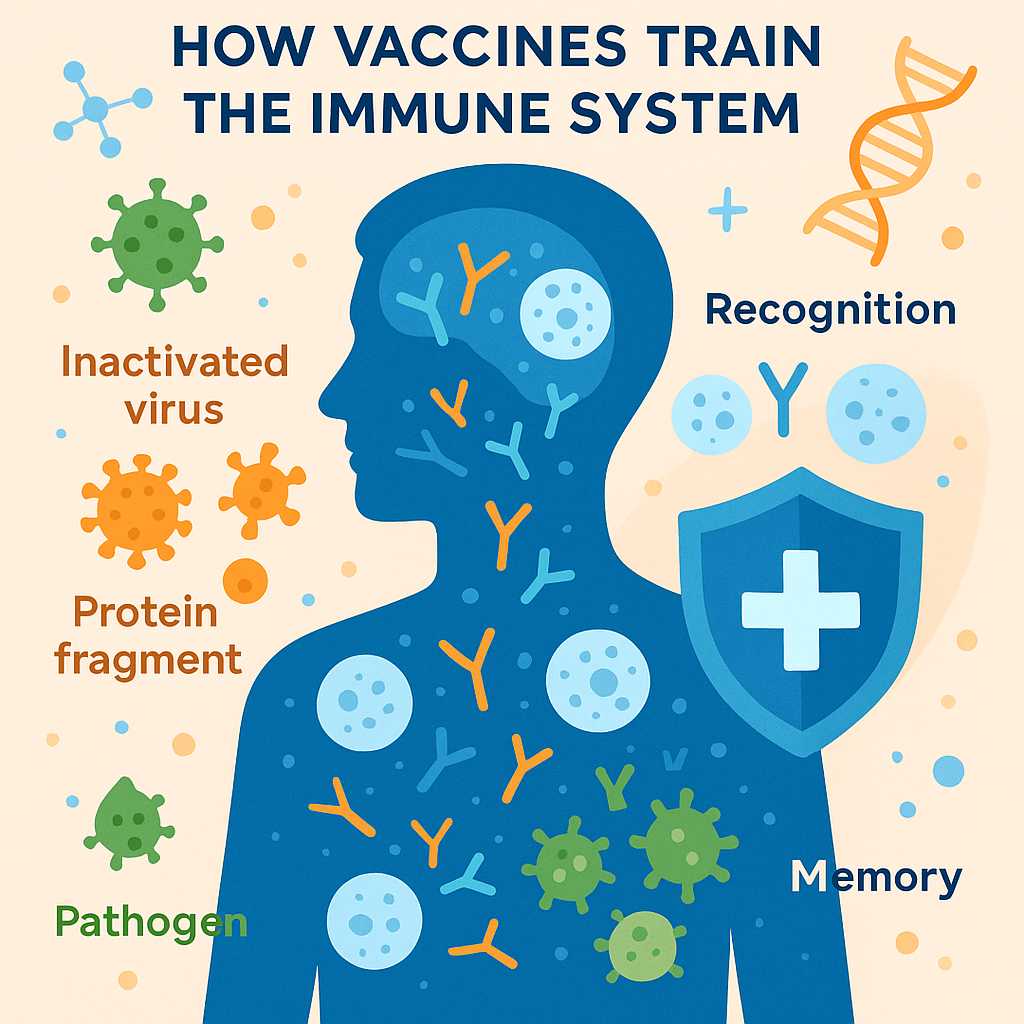
-
The Chemistry of Soap: How It Cleans and Protects Us
Every day, we use soap—often without considering the fascinating science behind this humble household staple. As a scientist, I find the chemistry of soap both elegant and essential, bridging the worlds of biology, chemistry, and everyday life. In this article, let’s unravel the chemical magic that turns fatty substances and alkali into a substance that…
Written by
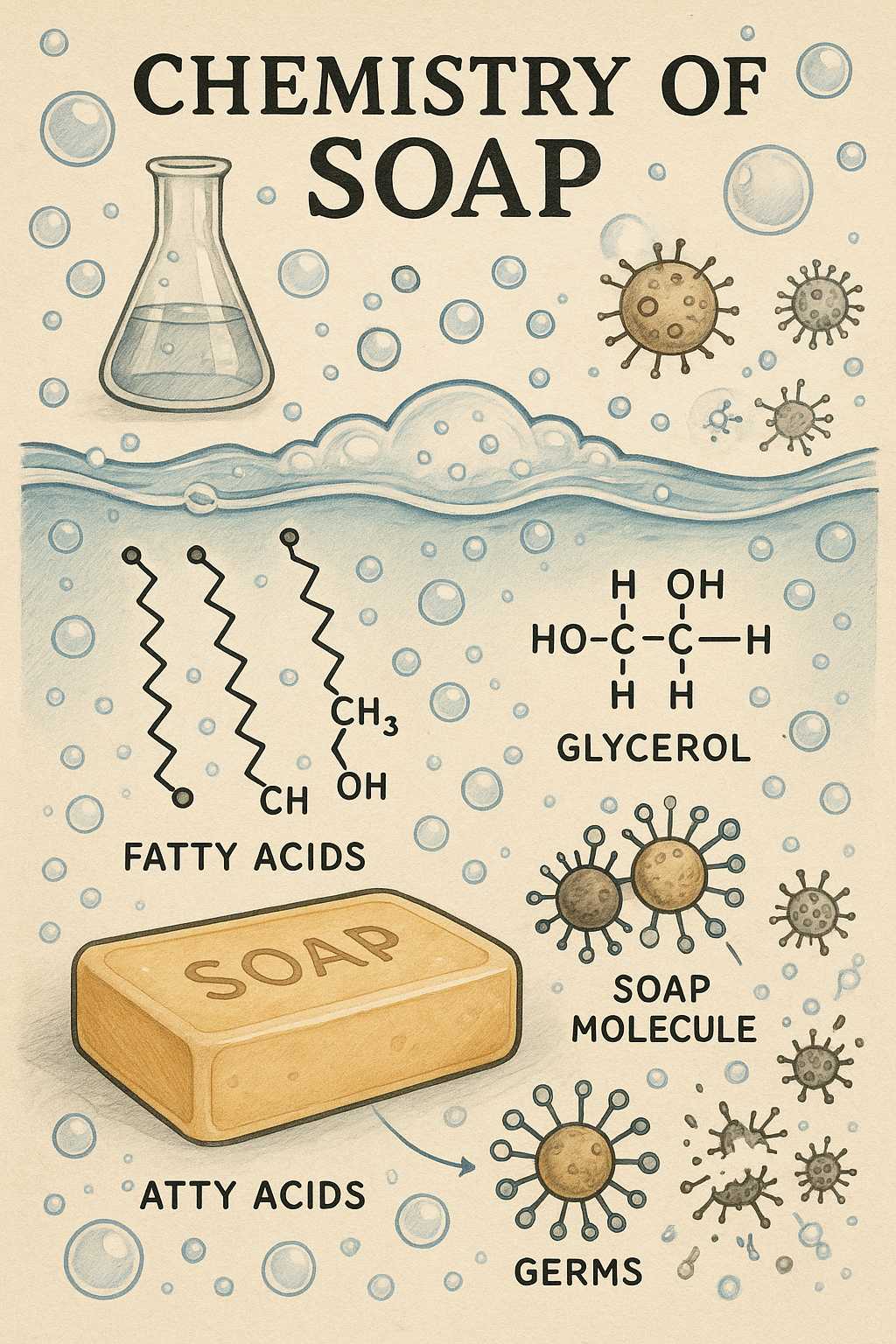
-
How Antioxidants Protect Our Cells: The Chemistry Behind Cellular Defense
As a scientist fascinated by the interplay between biology and chemistry, I’ve always been intrigued by how our cells defend themselves against internal and external threats. One key mechanism in our cellular defense arsenal involves antioxidants. But what exactly are antioxidants, and how do they work at the molecular level? Reactive Oxygen Species: Friends and…
Written by
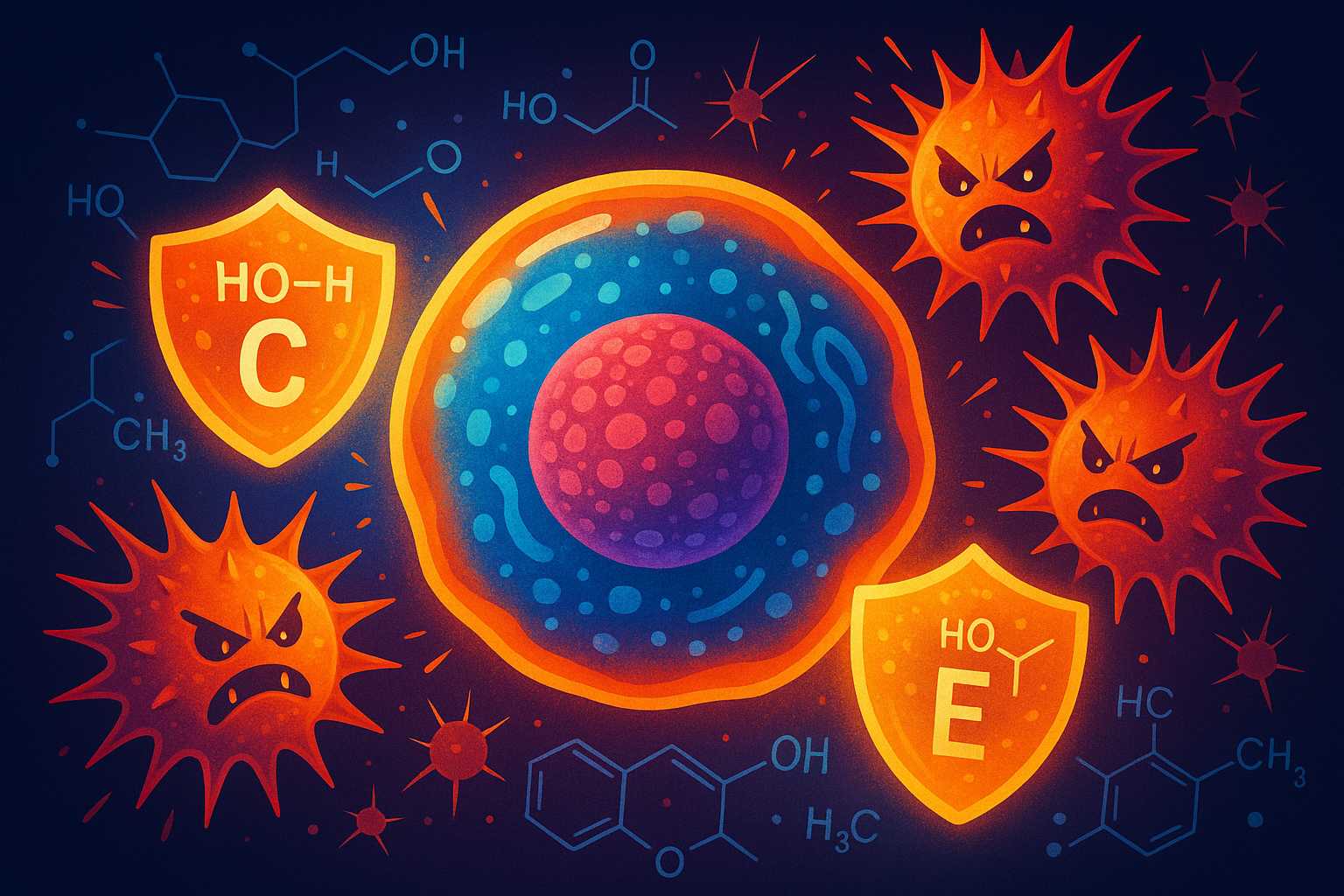
-
Unraveling the Secrets of Fermentation: The Ancient Chemistry Behind Modern Foods
Fermentation is an age-old process that has transformed our diets and shaped cultures around the world. From the tangy taste of yogurt to the subtle flavors of sourdough bread and the complexity of fermented beverages like beer and wine, this biochemical phenomenon is fueled by the action of invisible microorganisms. But what exactly happens during…
Written by
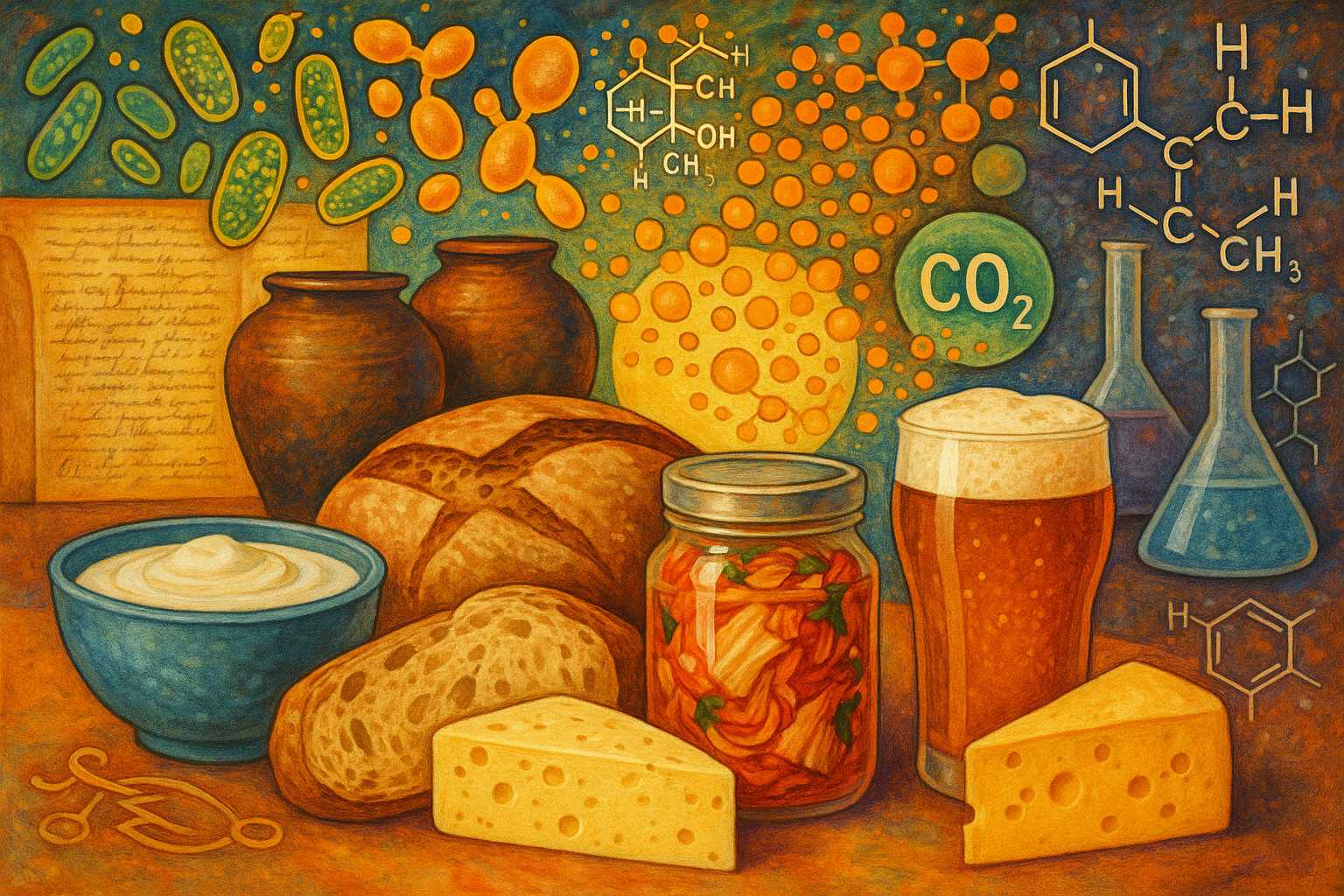
-
RNA: The Unsung Hero of Molecular Biology
When it comes to the molecules that run the show in our cells, DNA tends to steal the spotlight. But there’s another key player that’s just as essential—RNA. Although once thought to be just a passive messenger, RNA (ribonucleic acid) is now recognized as a dynamic force in biology, with roles that extend far beyond…
Written by
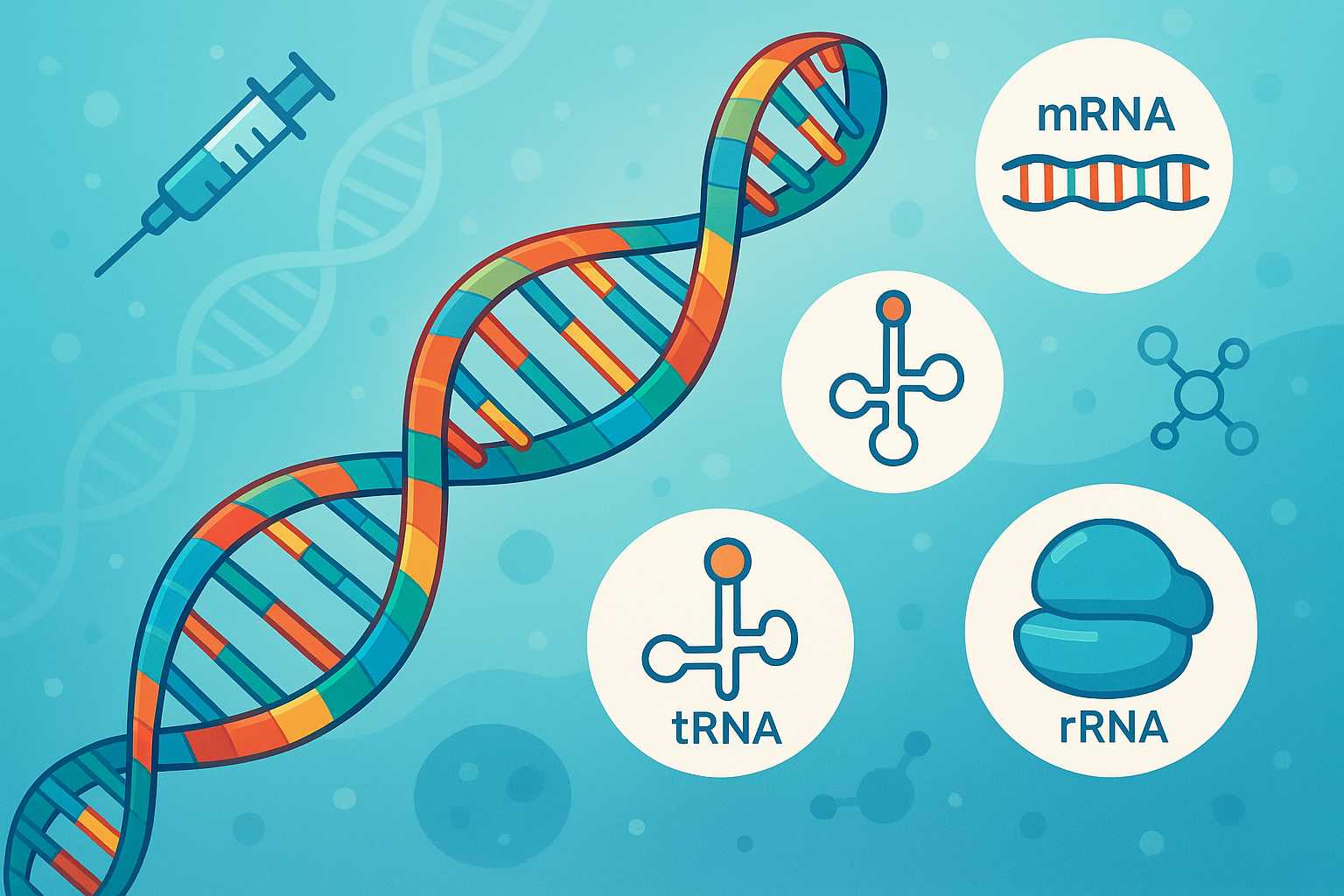
-
The Fascinating Chemistry of Taste: Why Food Tastes the Way It Does
Taste is a fundamental sense that shapes our daily experiences, from enjoying a sweet dessert to rejecting a bitter pill. But what gives foods their distinctive flavors? The answer lies in a complex interplay of biology and chemistry. Every time you eat, molecules in your food interact with specialized receptor cells on your tongue. These…
Written by
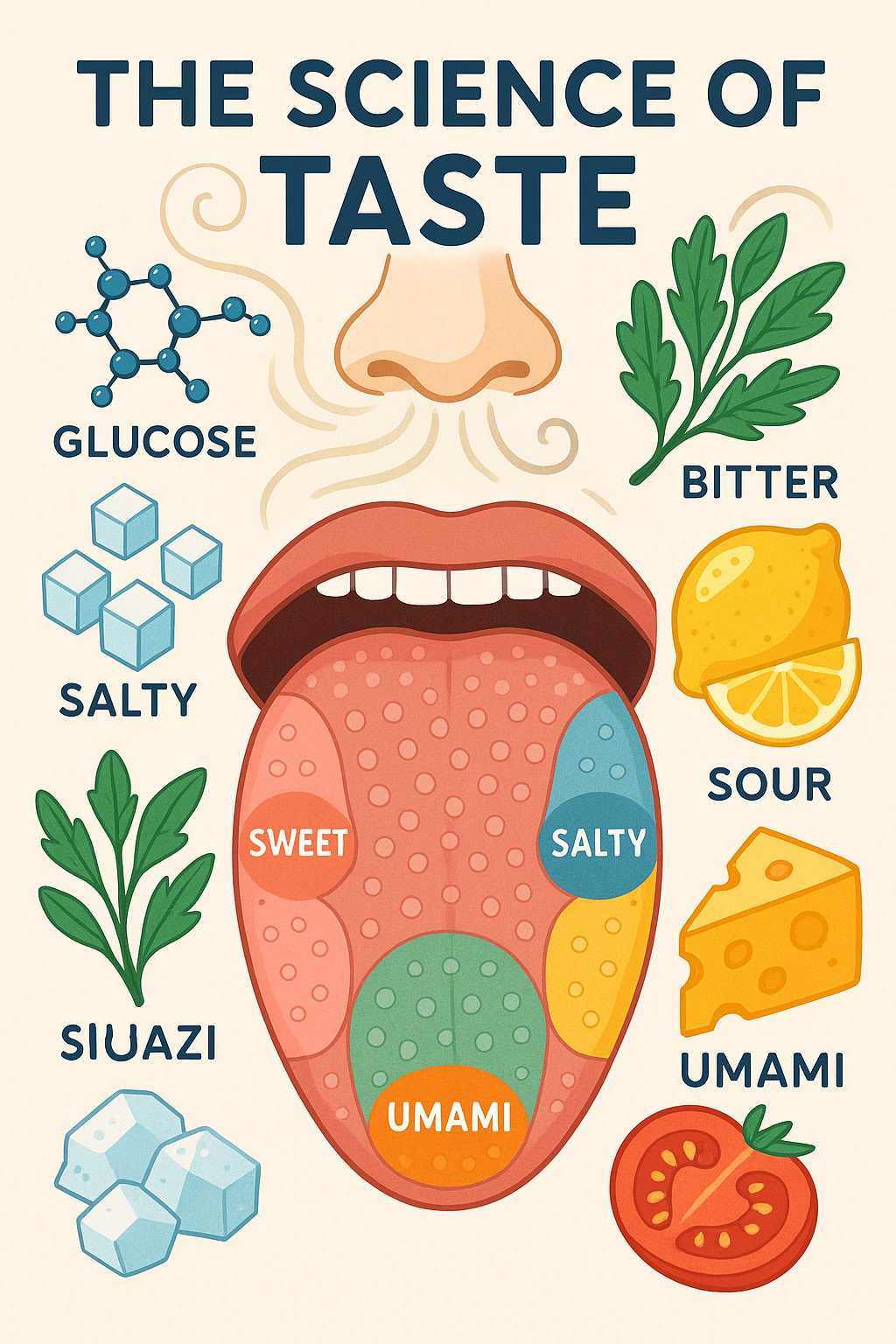
-
CRISPR: Revolutionizing Genetic Engineering
The field of genetics has seen a seismic shift with the advent of CRISPR technology—a precise, efficient, and versatile tool for editing genes. In this article, we’ll explore what CRISPR is, how it works, and why it is such a revolutionary advancement for biology and medicine. What is CRISPR? CRISPR stands for "Clustered Regularly Interspaced…
Written by
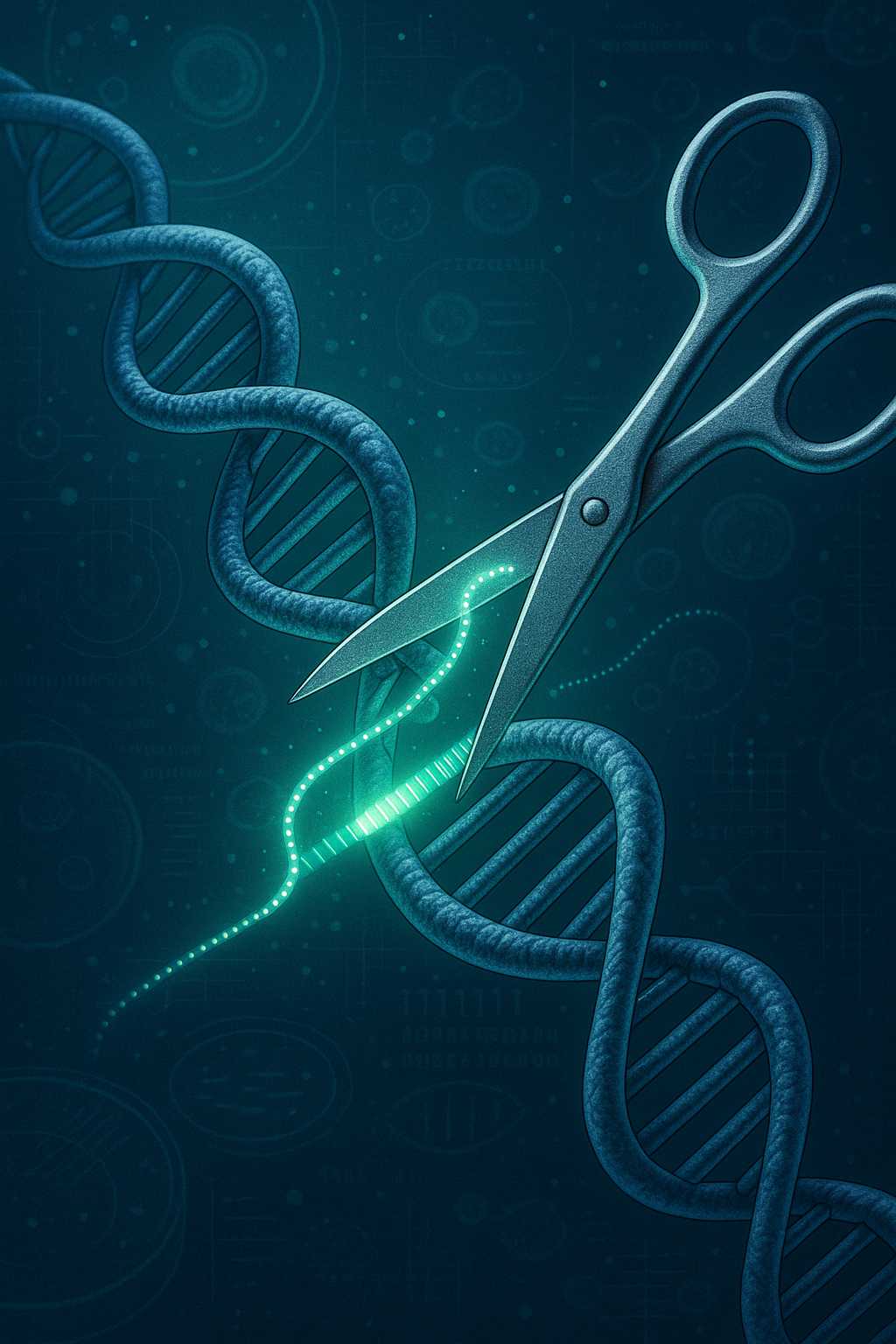
-
DNA: The Blueprint of Life Explained
As a scientist with a passion for both biology and chemistry, I’ve always found DNA to be one of the most fascinating molecules in existence. Composed of just a few simple building blocks, DNA holds the instructions required to create and maintain every living organism on Earth. In this article, let’s explore what DNA is,…
Written by
